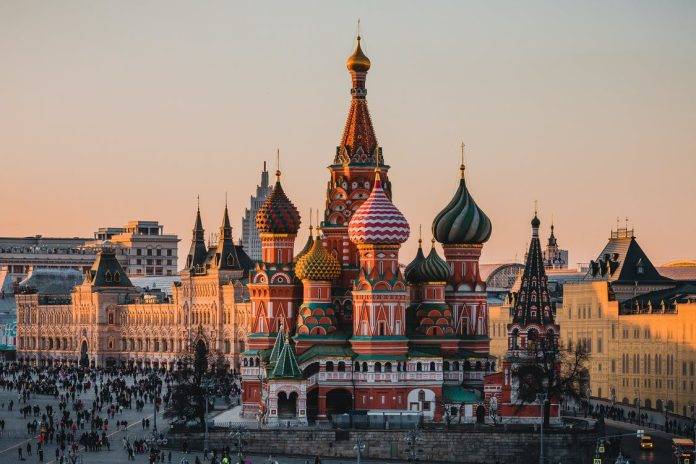The war of Russia versus its neighbor Ukraine has triggered many countries from the West to impose severe sanctions, mainly aimed at hurting the oligarchs around president Putin. They are trying various ways to evade these sanctions as much as possible. Western countries led by the US now also have put crypto on the sanction list, as there are increased signals that oligarchs moved to cryptocurrencies to hide their assets.
European Central Bank President Christine Lagarde recently warned crypto was being used to evade sanctions, despite little evidence.
On Friday the European Union targeted crypto wallets, banks, currencies and trusts in its fifth package of sanctions on Russia in a bid to close potential loopholes which could allow Russians to move money abroad.
These are a series of targeted economic measures intended to strengthen existing measures and close loopholes: “a general EU ban on participation of Russian companies in public procurement in member states, the exclusion of all financial support to Russian public bodies. an extended prohibition on deposits to crypto-wallets, and on the sale of banknotes and transferrable securities denominated in any official currencies of the EU member states to Russia and Belarus, or to any natural or legal person, entity or body in Russia and Belarus”,.
Crypto wallets allow individuals to keep the password that gives them access to cryptocurrencies safe, and to send, receive and spend cryptocurrencies like bitcoin.





















